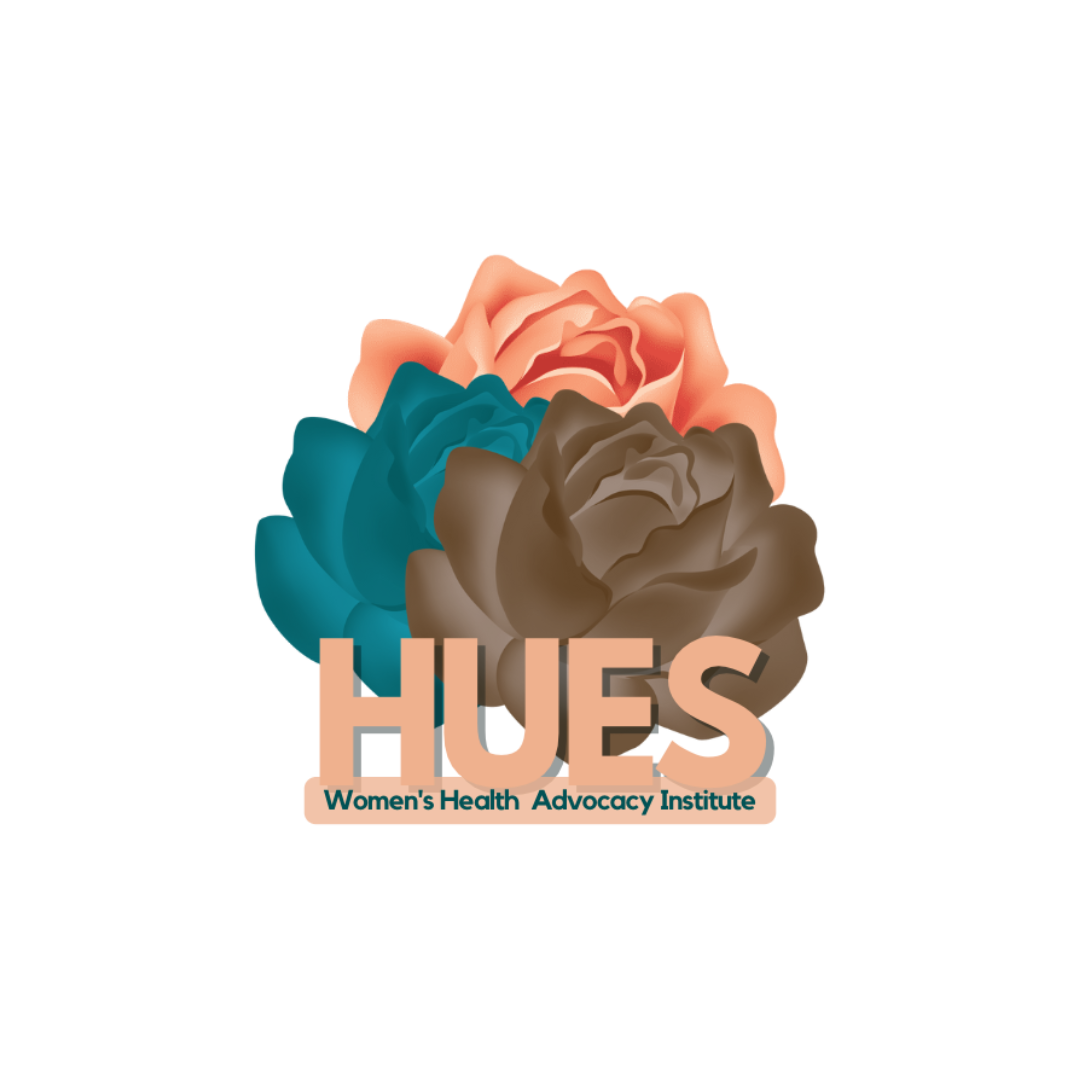H.Pylori
When I was 20, I began navigating the complexities of the U.S. healthcare system.
As an immigrant from Mexico, I was unfamiliar with many of the health risks and diseases that might affect me, particularly something I had never even heard of—Helicobacter pylori or H. pylori. This bacterium, I would later learn, is a major cause of stomach ulcers and can lead to more severe conditions like gastritis and even stomach cancer if left untreated. At the time, I didn’t know that I was at high risk for this bacterial infection, nor did I know the devastating effects it could have on my body.
It started with stomach pain—sharp, gnawing discomfort that came and went, leaving me in agony. I went to doctor after doctor, explaining my symptoms and begging for relief. The diagnosis was always vague, as though my pain was a puzzle they couldn't be bothered to solve. Time and time again, I was prescribed medications—antacids, pain relievers, diet changes—none of which indeed addressed the root cause. It felt like a never-ending cycle of trying to mask the symptoms without ever addressing why I was suffering.
For over 18 years, I lived with these stomach issues. Each time I visited a new healthcare provider, I hoped they might finally offer a solution, but none of them ever dug deeper. No one ever took a moment to ask about my background or considered that my symptoms might be connected to my heritage. I was just another case, another appointment to rush through. It was exhausting, both physically and emotionally. I started to feel like I was asking too much, that my pain wasn’t worth investigating.
It wasn’t until 2018, after nearly two decades of suffering, that I met a doctor who changed everything. She was a first-generation Asian American and did something none of my previous doctors had—she asked me where I was from. When I told her I was born in Mexico, she immediately paused, something I had never seen before in my appointments. She looked at me and said, "We need to test you for H. pylori."
She explained that Asia and South America and part of North America have a high prevalence of H. pylori infections due to widespread issues with access to clean water. The bacterium can infect the stomach lining, causing ulcers and potentially leading to stomach cancer if untreated. I was stunned. For years, no one had even mentioned this possibility. It was such a simple explanation, and yet it had eluded me—and my doctors—for so long.
She ordered a breath test immediately, which I later learned was incredibly easy to perform. When the results returned positive, I felt a strange mix of relief and frustration. After all these years of pain, I finally had an answer. But it took so long to get there. The treatment was straightforward, and I started feeling better within weeks. The constant stomach pain that had become a part of my everyday life finally began to subside.
I couldn’t help but think back to all those doctors I had seen before. So many missed opportunities to ask a straightforward question about my background, to consider that my pain might be linked to something familiar in my country of origin, such as Mexico, or regions like South America and China. I had been handed medication after medication, each acting like a band-aid for a wound that was far deeper than anyone had cared to look.
This experience taught me just how important it is for healthcare providers to ask the right questions, to be curious, and to take into account a woman's nationality and ethnicity —not just their symptoms. If doctors were more culturally aware of the prevalence of certain bacteria, like H. pylori, and diseases common worldwide and in marginalized communities in the U.S., they could help prevent years and years of unnecessary suffering for women like me.
It also opened my eyes to the importance of raising awareness about H. pylori. Women who present with symptoms, such as persistent stomach pain, should be tested, especially if they live in areas where clean water access is an issue or if they belong to high-risk groups like women from Latin America, Black women living in America, and low-income communities.
Educating others about the risks and encouraging proper testing can help prevent the spread of this infection and ensure that others don’t endure the same prolonged suffering.

